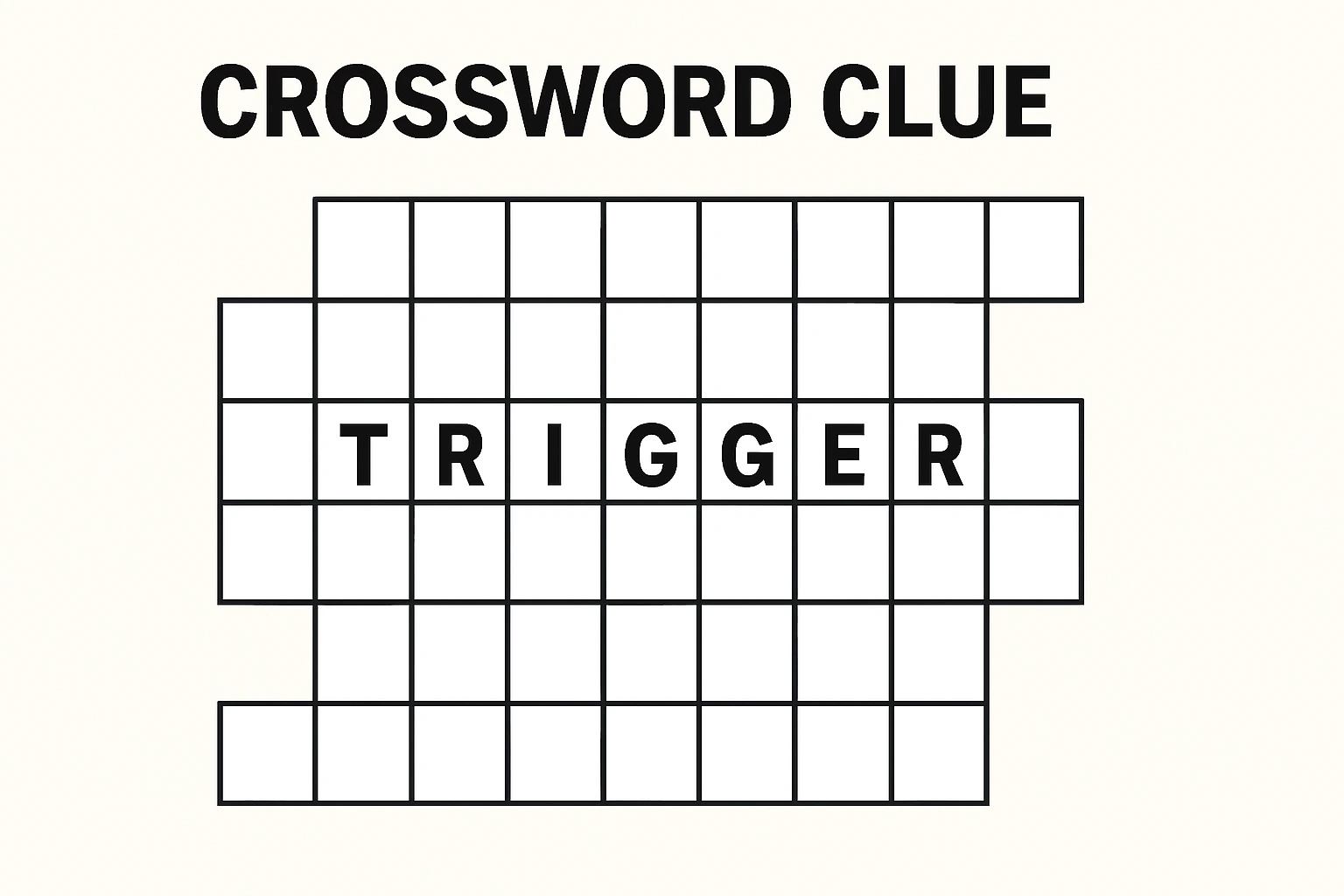Golf tournaments can be thrilling, challenging, and rewarding. Whether you’re a seasoned player or just starting, the pressure of competition can add an extra layer of complexity to your game. Excelling in a golf tournament requires more than just technical skill; it’s about mental preparation, strategy, and managing the environment around you. If you’re looking to make a mark on the green, here are some essential tips to help you perform at your best during your next golf tournament.
1. Perfect Your Mental Game
Golf is as much a mental game as it is a physical one. The pressure of a tournament setting can lead to nerves, especially if you’re aiming for a top position. To excel, you must be able to block out distractions, stay focused, and remain calm under pressure.
Start by establishing a pre-game routine to calm your nerves. This might involve deep breathing, visualization techniques, or simply reviewing your goals for the tournament. During the rounds, try to keep your focus on the process rather than the outcome. Focus on one shot at a time and don’t dwell on mistakes. Instead of obsessing over a missed putt or a poor drive, quickly reset and move forward.
2. Know the Course
Preparation for a golf tournament starts well before you step onto the course. Study the layout and understand the challenges of the course you’ll be playing. Most tournaments provide course maps and information about hole lengths, hazards, and green speeds. Familiarizing yourself with this information can help you make more informed decisions about club selection and shot strategy.
Additionally, try to play a practice round if possible. This gives you a feel for the greens, bunkers, and other obstacles you’ll encounter during the competition. Knowing how the course plays, where to aim, and which areas to avoid will help you stay focused during the round.
3. Fine-Tune Your Short Game
While hitting long drives off the tee can impress, it’s the short game that often determines success in a tournament. Being able to chip, pitch, and putt with precision can be the deciding factor between a solid score and a winning score. In fact, putting typically saves more strokes than any other aspect of the game.
In the days leading up to the tournament, make your short game a priority in your practice routine. Spend ample time on the practice green refining your putting skills. Focus on reading greens, building consistency in your stroke mechanics, and mastering distance control.
Additionally, work on your chipping and pitching around the greens, as these skills are essential for saving strokes when you’re not in the fairway. If you have access to a virtual golf simulator, use it to simulate different course conditions and practice your short game in various scenarios, helping you stay sharp and adaptable for the tournament.
4. Strategize Your Shots
When you’re in a tournament, it’s crucial to play strategically, not recklessly. While it’s tempting to go for big drives on every hole, sometimes the smarter play is to take a conservative approach. For example, when faced with a challenging hole or a narrow fairway, consider hitting an iron or a hybrid club off the tee instead of risking a big driver shot.
Also, make sure to manage your approach shots carefully. Knowing the right distances for each club and choosing the best line of attack can prevent unnecessary errors. Keep in mind that par is always a solid score to aim for, and playing too aggressively could lead to double or triple bogeys.
5. Control Your Emotions
Emotions are bound to fluctuate throughout a tournament, especially when the pressure is on. The key is to control them rather than let them control you. Golfers who let frustration or anger take over tend to make hasty decisions, which can derail their game. Learning how to reset after a bad shot is crucial for maintaining focus.
One technique that can help is using positive self-talk. Instead of beating yourself up after a mistake, tell yourself that the next shot is your opportunity to get back on track. Stay calm and composed, remembering that tournaments are a test of endurance and resilience, not just skill.
6. Stay Physically Prepared
Your physical fitness can significantly impact your performance during a tournament. Long rounds and the pressure to perform can take a toll on your body and mind. Staying in good physical condition, especially with cardiovascular exercises, flexibility, and strength training, can help you maintain energy levels and perform your best throughout the day.
Stay hydrated, eat balanced meals, and be mindful of any physical discomfort you might experience during the round. If you feel your energy levels dropping, consider carrying healthy snacks and water to keep you fueled. Stretching before and during the tournament can also help prevent fatigue and injuries.
7. Adapt to Tournament Conditions
Tournaments often come with a unique set of conditions, including different pin placements, faster greens, or tougher roughs. Being able to adapt to these conditions quickly is key to maintaining your competitive edge.
Pay attention to how the course conditions evolve throughout the day. For example, if the greens are faster than usual, adjust your putting stroke to account for the increased speed. If you’re playing in windy conditions, adjust your shots to account for the wind’s impact on ball flight.
8. Manage Your Time Effectively
Tournament rounds can take several hours, especially if there are large groups of players or delays. It’s important to manage your time efficiently, staying focused on the task at hand without letting distractions, such as slow play or long waits, affect your performance.
During the round, maintain a steady pace, but also be patient when needed. Taking a few deep breaths during wait times can help you reset and prepare for your next shot.
Final Thoughts
Mastering the green in a golf tournament is about more than just having a solid swing; it’s about preparing mentally, strategizing wisely, and staying calm under pressure. By honing your short game, developing a strategic approach, and maintaining focus, you can boost your chances of excelling in a tournament. Remember, golf is as much about the journey as it is about the destination. Whether you win or not, the experience of competing at a high level will undoubtedly make you a better player.








